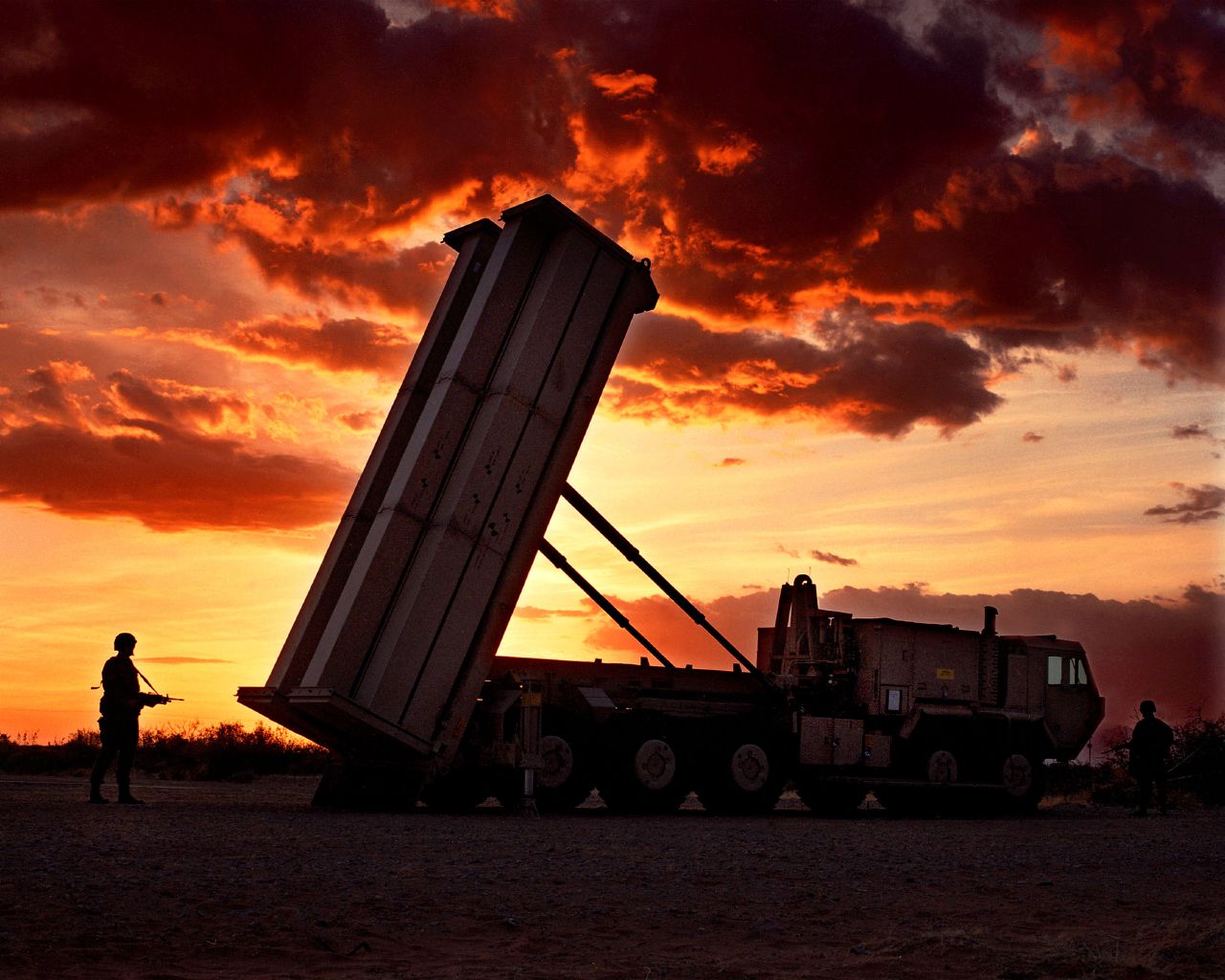THAAD: Russia, U.S., need communication and transparency

Lockheed Martin's Terminal High Altitude Area Defense (THAAD) system at sunset.
Flickr/ Lockheed MartinAfter much deliberation and discussion, the U.S. Department of Defense recently announced that the governments of South Korea and the U.S. had agreed to deploy the Thermal High Altitude Area Defense (THAAD) missile system in the southern part of South Korea to deter threats from North Korea.
In a statement, China and Russia called on countries to limit their military capabilities and counter global arms proliferation. The Russian foreign ministry further commented that THAAD's installation, rather than diffusing regional tensions, would exacerbate them.
In response to Russia's concerns, senior U.S. defense officials have attempted to assure their Russian counterparts that THAAD poses no direct threat to Russia's strategic deterrence capabilities. Echoing previous assurances that THAAD was only directed at North Korea, Pentagon spokesperson Gary Ross stated that THAAD would essentially be a supplement to existing missile defense systems in the region.
THAAD Test. Source: YouTube/ LockheedMartinVideos
Seoul and Washington have obviously taken this decision to deploy THAAD because they have agreed that it best serves the security interests of the U.S.-South Korea alliance. China and Russia have voiced their objections to this possibility from the outset, and officials from South Korea and the U.S. obviously took the objections of these two major powers into consideration. They have done so knowing that, even with North Korea as the primary and ostensibly sole factor under consideration, missile systems know no geographic boundaries.
While THAAD will potentially exacerbate tensions between China, Russia and the U.S., all parties must not let it overshadow the growing regional cooperation on the perceived common threat that North Korea and its weapons programs pose to the region.
Russia and the U.S., should work to cooperate on THAAD as an extension of their shared views of the threat from North Korea. While THAAD is and will continue to be unsettling for Russia, it is unlikely that Russian objections will warrant a U.S. cancellation or withdrawal of the system. The key is communication, transparency and openness between Russian and U.S. military commanders in the region, so as not to exacerbate the already-existing tensions in the region.
Anthony V. Rinna is a Russia and Eurasia analyst for the SinoNK scholarly research group, and a Russia and East Asia analyst for the Global Research Center in Washington DC. He currently resides in South Korea.
This is an abridged version of an article first published by Russia Direct.
Views expressed in this article are personal.
Read more: Moscow could become an important player in Korea
All rights reserved by Rossiyskaya Gazeta.
Subscribe
to our newsletter!
Get the week's best stories straight to your inbox